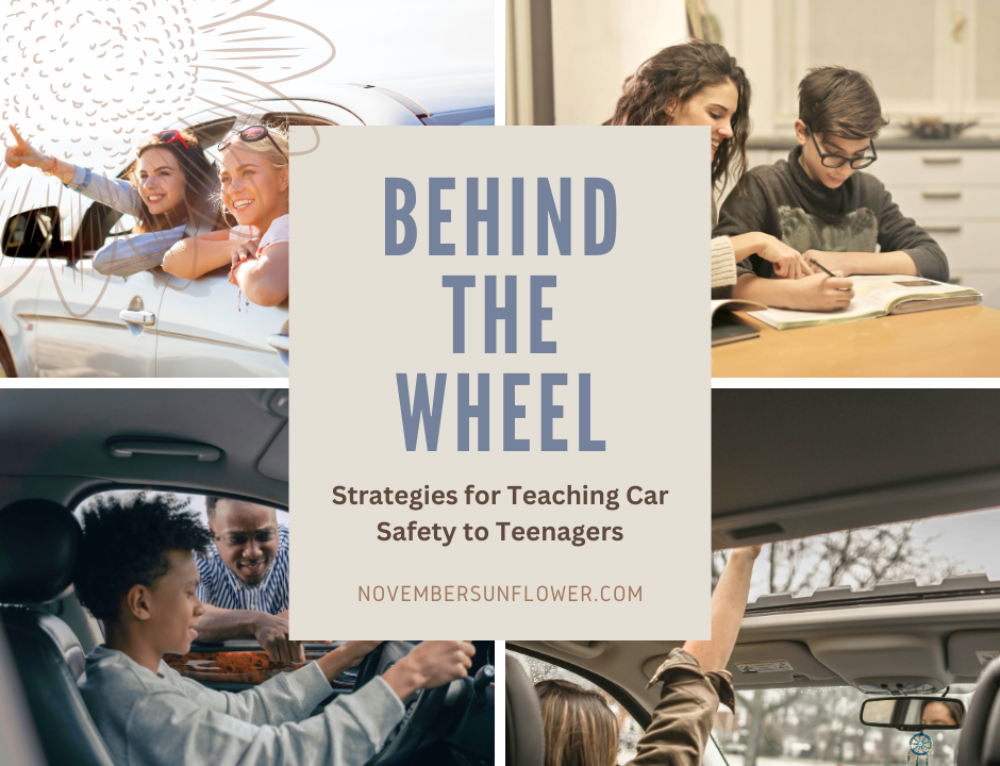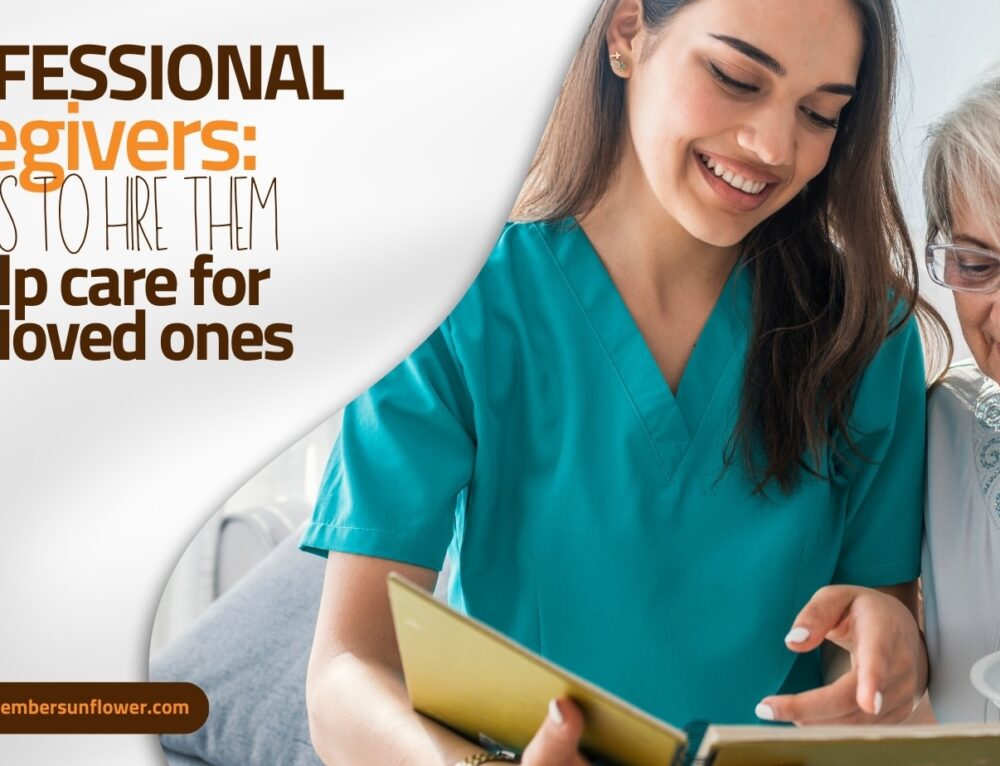The public school system works well for some children, but it does have some flaws, as well as drawbacks. As a result, not everyone does well in a traditional learning environment. There are many compelling reasons to consider educating your child in a non-traditional way.
Consider non-traditional education options for your kids
Tailored curriculum
Although there are sometimes specific courses your state requires, non-traditional learning allows students to focus more on topics of interest. People are more engaged, and learn more quickly, when they have a genuine interest in the subject. An online high school, for instance, can prepare a young adult for a career right out of high school.
Non-traditional schooling options allow students, along with their parents, to choose learning and career preparation pathways that interest them. No one wants to waste time on courses that have no value for a certain student.
Schedule control
Getting out of the traditional classroom gets students off of someone else’s schedule. Learning can happen anywhere. It can happen at any time. By setting your own educational schedule it allows one to embrace this fact.
In a non-traditional environment, there’s no reason to rely on occasional field trips for experiential learning. Instead, you can give your child an opportunity to touch, feel, taste and experience the world around them every day.
Controlling the schedule also allows students to work during the time of day that makes the most sense for them. If your child isn’t a morning person, there is no sense in tackling algebra at 9:00 in the morning.
Limited distractions
In traditional schools there are many distractions that interfere with learning. As traditional students get older, they tend to focus on popularity, dating and designer labels. In some cases, fears about bullying, as well as gang activity, worry students.
For some students, these things become far more important than lesson plans and homework. Though some socialization is necessary, it’s distracting when it becomes a focal point overshadowing academics.
Non-traditional classrooms allow students to interact with each other during group projects and discussions. However, they do so without seeing who is wearing what, or who is dating so-and-so. It also allows them to learn without bullying.
Greater diversity
Geography becomes unimportant in a non-traditional classroom. While primary, and secondary, school enrollments are limited to a specific state or region, they still offer students exposure to people outside of their particular neighborhood. This increases the chances students will encounter people of other races, religions and cultures.
This exposure to diversity breaks the bubble for some students. It also allows them to develop an understanding of others before entering the world at large. It’s a big help to learn about diversity prior to being asked to work with diverse teams in a career setting.
Getting off the drugs
Public school classrooms accommodate several students at a time, which requires minimizing disruptions. Students are not allowed to leave their desks, or speak, unless invited to do so. This is a real problem for students with autism, ADD and other disorders requiring a special attention.
In many schools, it’s easier to insist on medicating these children, rather than dealing with their individual needs; and, the needs of 30 other students at the same time. However, there are sometimes much better approaches to dealing with these issues.
In a non-traditional classroom, individualized focus and attention allows students with special needs to thrive without numbing medications. Pharmaceuticals are a true blessing for those who need them, but can be a burden for those who have other options.
If you’re unhappy with public school, non-traditional learning options may be the perfect option for your family. Alternative options are becoming more plentiful, and are worth taking advantage of if you think them a better fit for your student.
Author bio: Anica is a professional content and copywriter from San Francisco, California. She loves dogs, the ocean, and anything outdoor-related. She was raised in a big family, so she’s used to putting things to a vote. Also, cartwheels are her specialty.






